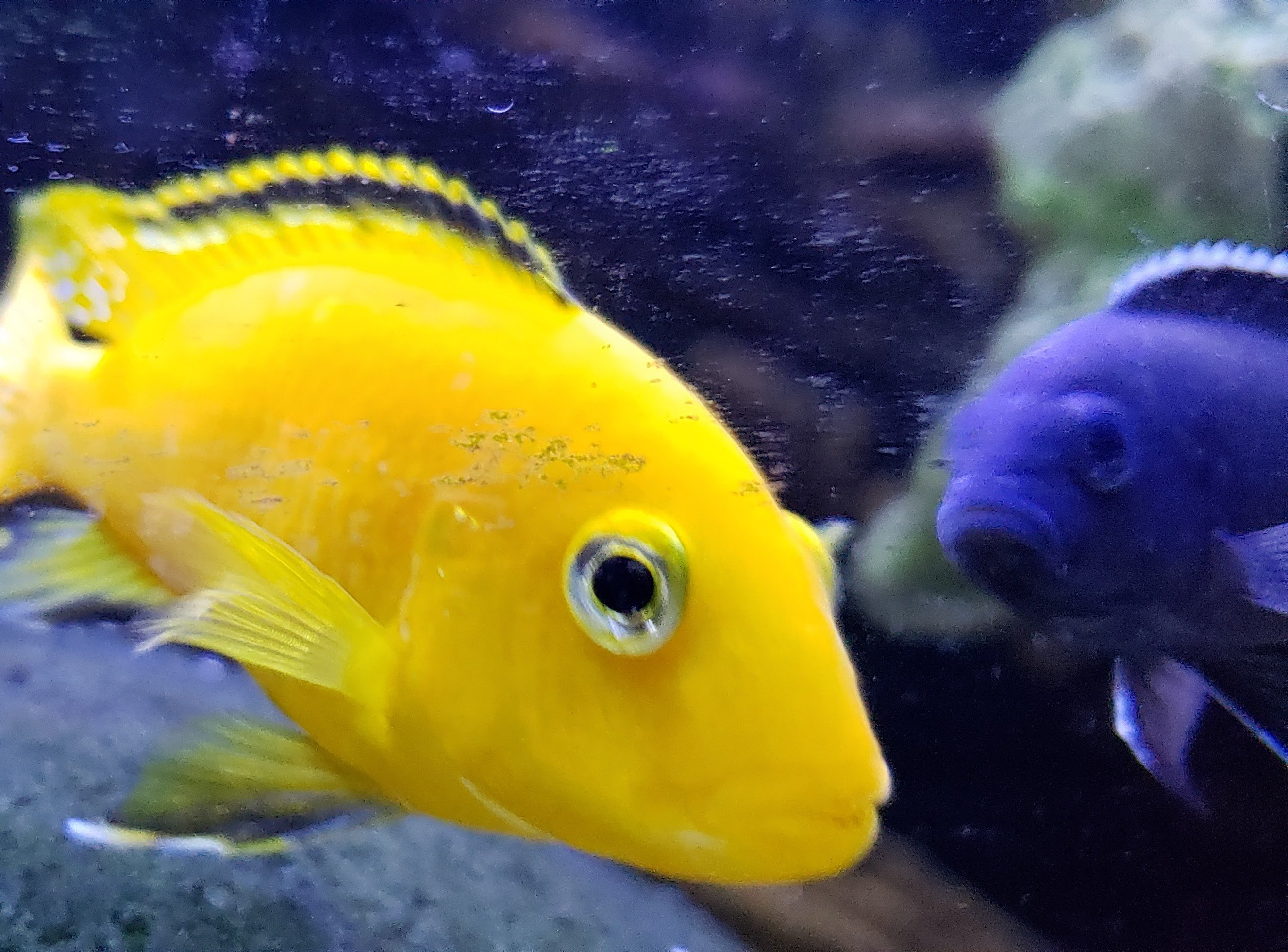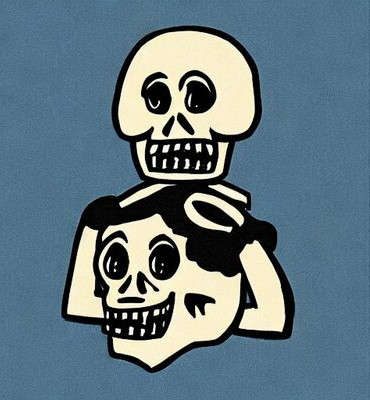Serious question (please don’t eviscerate me cus I’m just trying to understand the debate): at what point in it’s development is an embryo considered a human? Who decides?
Fair question. I recall learning:
- Unfertilized sex cells: gametes (egg and sperm).
- After fertilization and during earliest cell divisions: zygote.
- (something something): embryo.
- (more something something): fetus.
- (eventually): dependent you claim on tax forms.
Totally just my spotty recollection from school decades ago, but it seems to me like rudimentary biology classes have taught a distinction between fetuses, embryos, and zygotes for a long time.
The point I really want to make with my somewhat unqualified answer is that no one in my rural, conservative hick town was objecting to this knowledge back then. It was just stuff you learned, and most of us just seemed to take it as “nature is complex”. I don’t know why we try to simplify it so much as we grow up. Even agricultural types (farmers, ranchers) would probably not say a fertilized bovine zygote is already a hamburger.
The trick here is to realize that being human isn’t the same as being a person. Your fingernail is human, but that doesn’t mean that your fingernail clippings deserve voting rights. It’s a tricky concept, because we usually consider human and person to be synonymous. But in ethics, a person is defined as an entity that has moral and ethical agency, and therefore has rights.
As an example, imagine if an alien comes to visit Earth. They come in peace, and they just want to see what human culture is like. The alien is a person (because they are capable of making conscious decisions), but they are decidedly not human.
So what does that mean for an embryo? Well, they’re human. They’ve been human since conception. But just like your fingernails, an embryo isn’t capable of making conscious decisions, and therefore cannot be considered a person.
The big debate in ethics is really about when a fetus develops enough that they might start to become conscious (and therefore be considered a person). And there’s no easy answer for that yet. But it’s definitely amusing to think that an embryo, which has
no brain or heart (in fact, no neurons or muscular cells at all)only begins to form structures even close to resembling a brain/heart at the end of the embryonic stage could in any way be capable of being conscious.To put it bluntly: saying that an embryo deserves rights is extreme overreach, on par with claiming your fingernail clippings as dependents on your tax filings
Edit: for scientific accuracy. Embryos do have neurons and muscular tissues, but they only appear and organize near the end of the embryonic stage
deleted by creator
By week 8 their brain starts working (allowing the first spontaneous movements, not more). So before that it’s not even up for discussion (no brain activity = not human), after that it starts getting tricky (how much brain activity is needed for it to be considered human?)
In my country you can abort until the 14th week
deleted by creator
Well ya know. You eat them both… Start claiming embryos as dependents
Alabama decided it’s upon conception.
So miscarriages are now involuntary manslaughter? Basically every fertile person is now a murderer.
Are women on their periods committing murder?
Yes, every time a woman has her period that means she didn’t create one life that could have been created. Should clearly go to jail.
No.
I love watching them try to justify being anti abortion and pro IVF
The average woman is born with about 2 million eggs but the average American woman only has 1.66 children. The average American woman should be charged with 1,999,999,998.44 counts of murder. CMV.
Edit: I stand by the number I typed.
An innovative solution to the chicken or the egg problem
Eggsistential crisis





